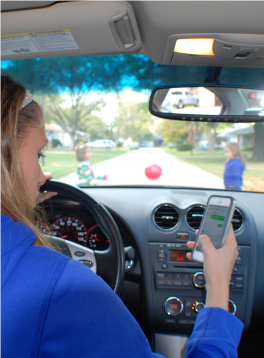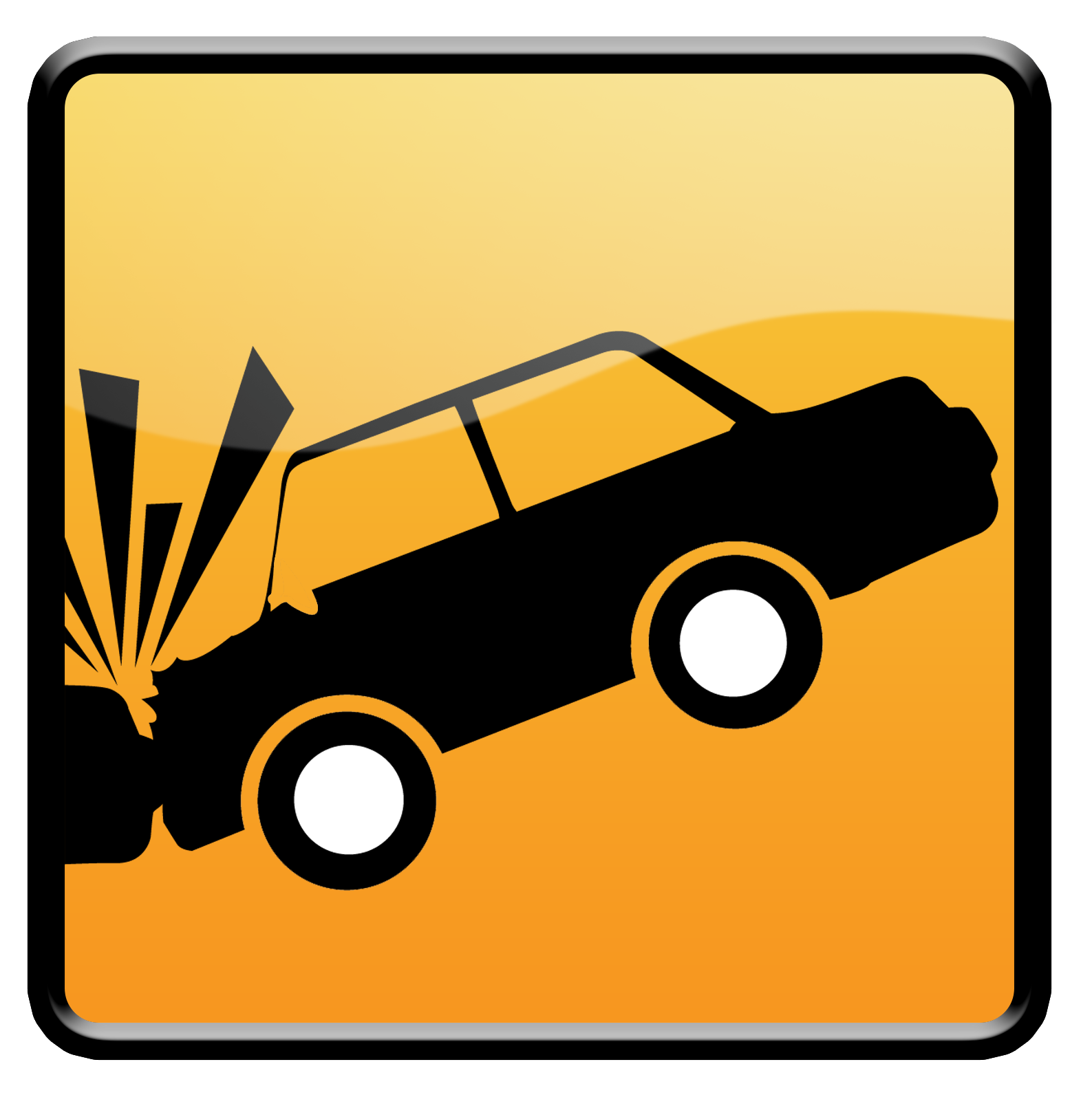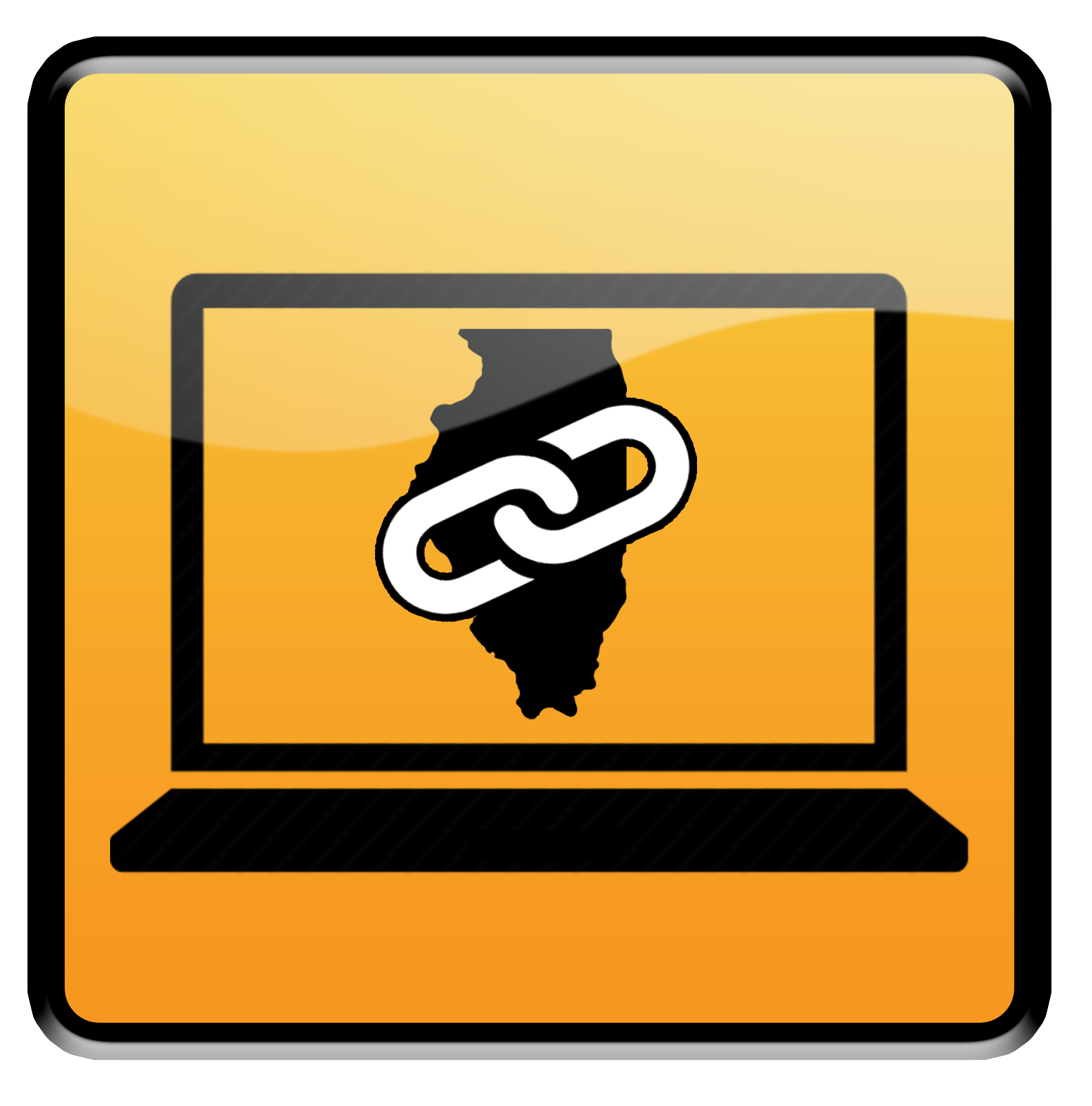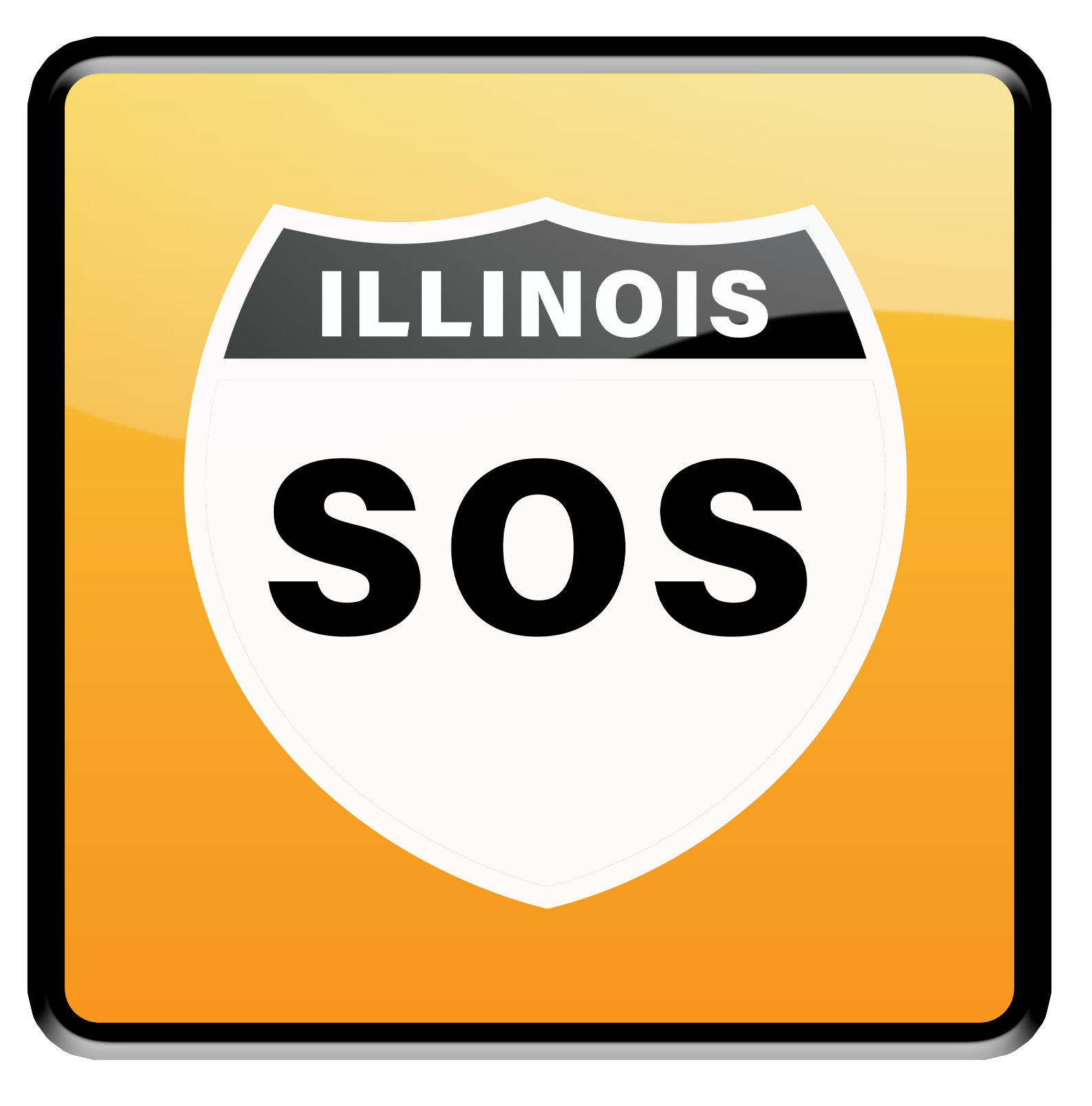
Distracted Driving
Distracted Driving
Driver inattention is a factor in more than 1 million crashes in North America annually, resulting in serious injuries, deaths, and an economic impact that some experts say reaches nearly $40 billion per year. Every single time someone takes their eyes or their focus off the road - even for just a few seconds - they put their lives and the lives of others in danger. Distracted driving is unsafe, irresponsible and in a split second, its consequences can be devastating.
The use of a cell phone while driving increases your chance of getting into a crash by 400%!
Tips to Avoid Distracted Driving
- Pull over to a safe place to talk on the phone, text message, or email. Also learn how your phone’s controls work in case a call is unavoidable. Practice good habits by turning your phone off before you drive so you won’t be tempted to answer calls on the road.
- Don't touch that dial. Adjust seat positions, climate controls, sound systems and other devices before you leave or when you stop. Know how your controls work so if you must adjust something on the go, you’ll be less distracted. Use presets for radio and climate control, or have your passenger assist you.
- Don’t multi-task when driving. Don’t use the vehicle’s mirrors for personal grooming when the vehicle is in motion or try to read or write while you’re behind the wheel.
- Pull over to care for children. Change the baby, feed the kids, and buckle them into their vehicle seats before you leave. If you need to attend to them, pull over in a safe place -- don’t try to handle children while you’re driving.
- Stop to eat or drink. Drive-through windows and giant cup holders make it tempting to have a meal while driving, but you’re safer when you stop to eat or drink. If you can’t avoid eating while driving, try to avoid messy foods.
For more information, download the ISP Distracted Driving Safety Brochure (English) or ISP Distracted Driving Safety Brochure (Spanish)






